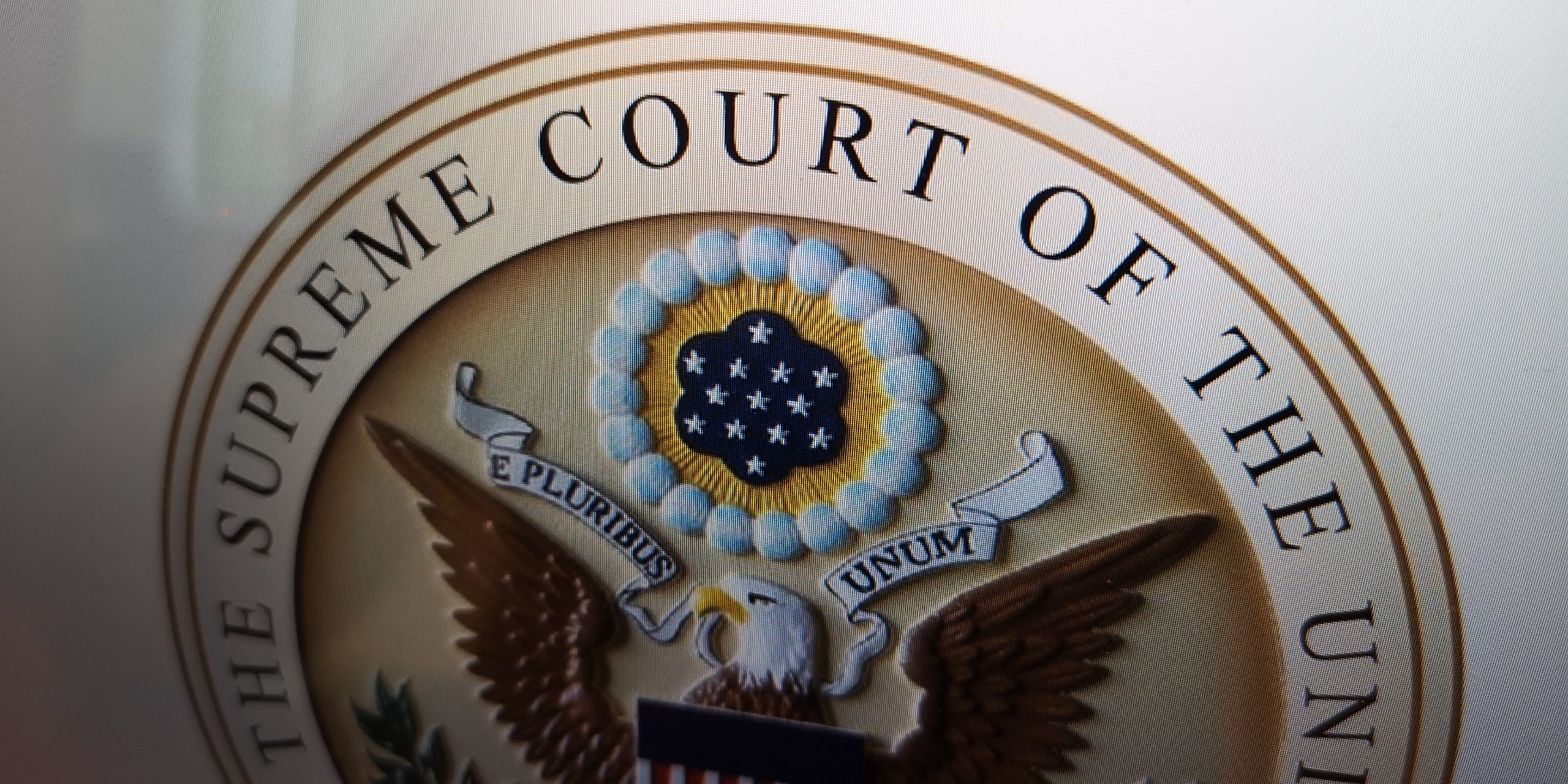
US Supreme Court and concealed firearm in public
The US Supreme Court has heard oral arguments in a case about the right for citizens to have a limited right to carry a concealed firearm in public. The cases being debated today, Obergefell v. Hodges, and Heller v. DC will impact a great deal: both involve rights of individuals to have a “right of self-defense”, as defined by the Second Amendment to the US Constitution. The Supreme Court justices who will vote on the cases, Justice Kennedy and Justice Thomas, have said they will be deciding the Second Amendment cases on February 13th.
As of now, the opinions of Justice Kennedy and Justice Thomas are silent on who must be allowed to carry an firearm legally. Their opinion on what a “person’s right to keep and bear arms” is is not public, but the court is expected to clarify this issue in a subsequent opinion.
Here is the full opinion from the Court:
The question presented is: “The right of the people to keep and bear Arms, in order to prevent the incipient tyranny of the State, shall not be infringed.” [vii] “As a rule,” states Mr. Justice Harlan, in the unanimous opinion of the Court and concurring in the judgment by Mr. Justice Brandeis, “where an individual, in the exercise of a right of private self-defense, may reasonably believe that he is about to be attacked by criminals, he may lawfully bear arms.”
But as the record shows, there are numerous instances where “[t]he state may not carry out its legitimate mission. For instance, the law may prohibit the carrying of concealed firearms for the protection of the person, or of any house, building, or other structure or public place, except a police station, when the police department has obtained a lawful order from local government officials authorizing its use, and in any case only upon the individual’s having been lawfully arrested for a crime involving a weapon. And this is a state function to be carried out in the name of safety, protection, and necessity.
The government’s use of force is not a legitimate means to accomplish any of these ends.” [ix] But there are many instances where the State may not exercise a state function under a statute or a court ruling.
A school district may have the power to prohibit guns within its buildings. And as the State does not have a compelling interest in preventing crime, the school district does not have a compelling interest in restricting firearms. The State can, nevertheless, prohibit firearms in certain schools, by order of the local school board, with a reasonable showing of particularized threat.
If the State chooses, and the State court, in its order for removal of the guns, finds that this particularized threat is a genuine threat of imminent death or great bodily harm to the person or property of the schoolteacher, there is no compelling state interest in prohibiting guns within the school. And even if such evidence was admissible in evidence against the defendant, and there was a strong likelihood that the evidence would bear a showing of a genuine threat of imminent death or great bodily harm, the State could not, under the Second Amendment, make the prohibition of a particular type of weapon available to all, or to a particular class of people, or in general, to all who are dangerous to society.
The Constitution does contain a clause for the individual to keep and bear arms, which is, if anything, more limited than the Second Amendment, in that, the individual may keep and carry concealed a weapon only under such special circumstances as the State or a local government may deem proper [x], but the right to keep and bear arms is not absolute and does not extend “to every person.”